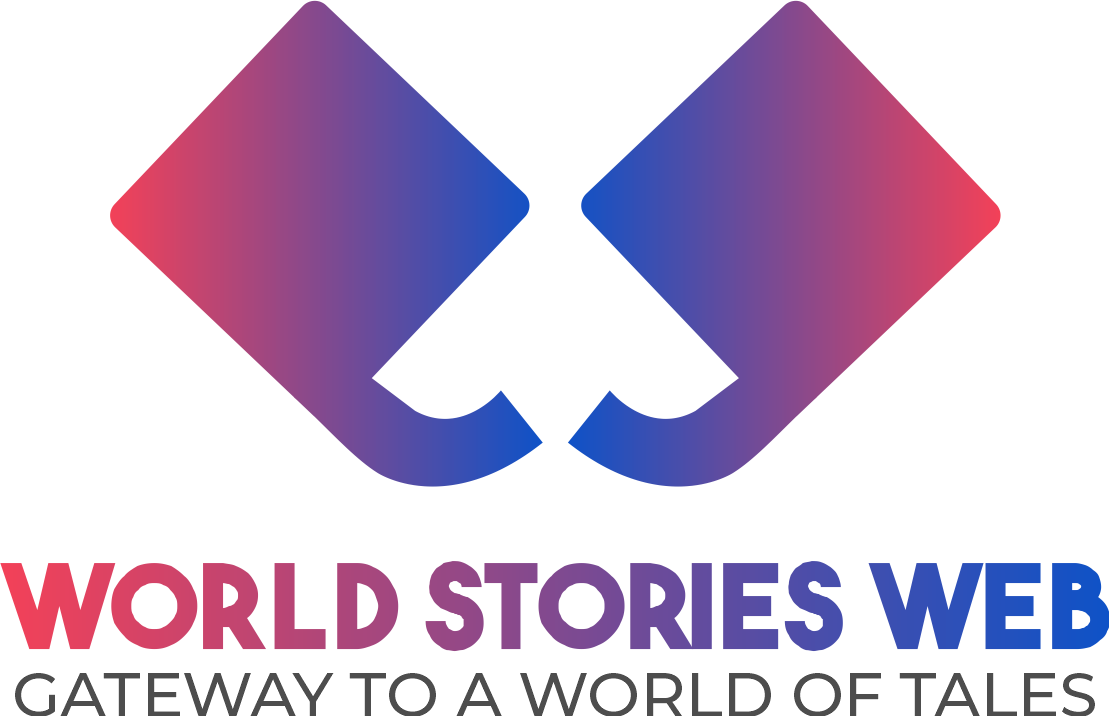
Google’s India AI hub is great news. Governing AI to India’s advantage is another matter
Not all infra is equal. Google’s Visakhapatnam AI hub, to be built with $15bn over the next five years and with the Adani group, will be its largest artificial intelligence data centre outside America. This reflects the power of the Indian market – and its massive embrace of AI. As Sam Altman said recently, if there is one large society in the world that seems most enthusiastic to transform with AI right now, it’s India. But if this is an assertion of control over the physical backbone of AI in a region of high strategic growth potential for Google, what is it for India? With such infra, India can improve data sovereignty, become a stronger player in AI, and have more say in how AI is deployed. This is invaluable as AI firms look set to have gatekeeper power over humanity’s future.
Google’s announcement comes on the heels of Mokyr-Aghion-Howitt winning the Economics Nobel. They spotlight how technological innovation has been the engine of modern prosperity, but also how this economic growth is neither natural nor guaranteed. Yes, AI will determine the future. But what that will look like will depend on who controls the physical and digital infra of AI, who gets to set the terms (pricing, access, regulation), and how the benefits – and risks – of AI are distributed. New entrants and disruptive models will only be able to displace giant, monopolistic incumbents to the extent they can actually compete with these. Google building a large AI hub in India shows the country jockeying for a happy place in the AI-driven global economy. Getting there will need a lot of other birds flying in sync. So far, Indian companies have mostly been doing only peripheral servicing, which is quite worrying.
Also seen in the Nobel spotlight is a larger AI control problem. AI hallucinates, AI greasily defies safety controls, yet we are now in a loop where AIs are building the next AIs. As this technology expands control over lives everyday, perhaps the world has never been in greater need of a shared trust architecture. But finding one feels impossible. Washington and Beijing agreeing to a common ethics framework is now no less science-fictional than the Terminator films. Innovation has always been a double-edged sword. Until now it has served humankind well. Thanks to it, there are more than 8bn of homo sapiens on Earth now. The great known unknown is whether AI will cut us to size.
This piece appeared as an editorial opinion in the print edition of The Times of India.
END OF ARTICLE






